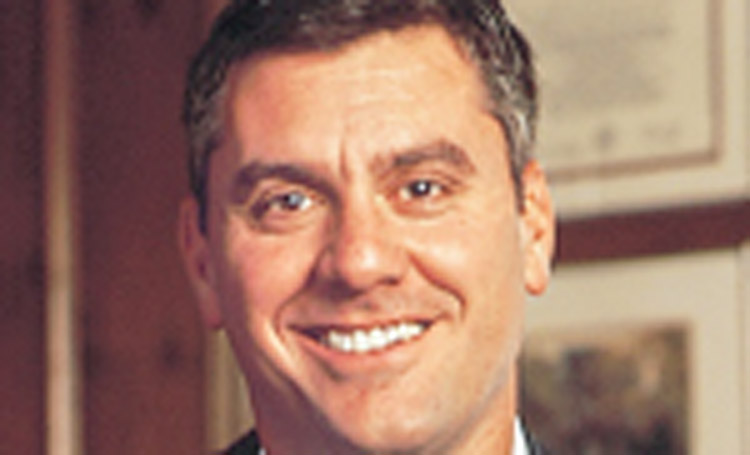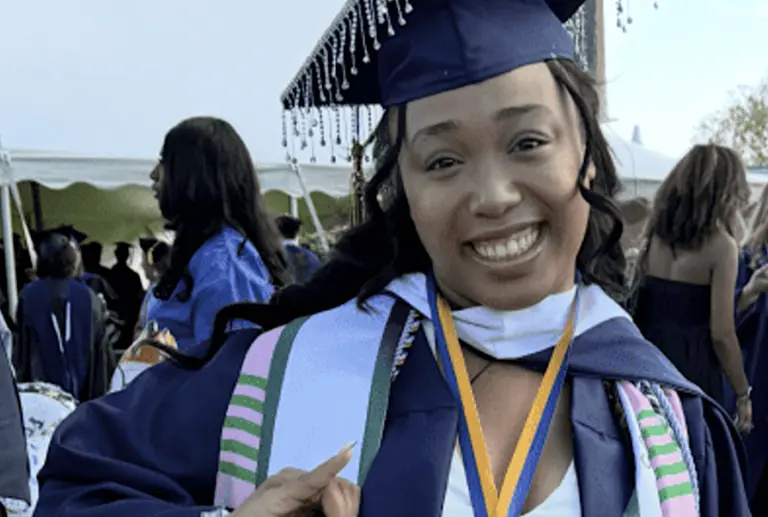
By Adam C. Rohdie

Your ninth-grade daughter enters school for the first day, and while her teacher may be new and she might be in a new building, her education looks strikingly familiar to her experience from the year before. Interestingly, it looks very much like the school you remember regardless of your year of graduation. In the face of all that we have learned in the past 100 years about how children learn best, how to deliver instruction that sticks, and how to prepare students for the rapidly changing world they are about to enter, it is staggering to observe that schools are slow to progress with the times. Instruction today looks much the same as it did in 1919. Even the great educational theorist John Dewey knew this in 1915 when he said, “If we teach today’s students as we taught yesterday’s, we rob them of tomorrow.”
When a school gets stuck in a teacher-centric, stand and deliver methodology, they will tell you it is tried, true and tested over the many years of their school’s existence. Unfortunately, that is much like the blacksmith arguing in favor of the horse-drawn wagon over the automobile. Education must evolve from the structures, pedagogy, and curriculum that prepared students for factory work to those that prepare students for career opportunities and lifestyles that are changing rapidly and frequently. In addition, we must address the increasing anxiety that our students are experiencing, which has been attributed to decreasing acceptance rates at the top universities, unprecedented access to information, the introduction of social media, and uncertain or unknown career options. The future of education is here, and from nursery school to higher education, never has there been such unanimity around how we as educators need to proceed.
The day after Greenwich Country Day School announced that we would expand to offer 10th, 11th and 12th grades, I got in my car and drove to Wesleyan University. I went to meet with the then vice president of the college, Barbara-Jan Wilson and asked her one simple question: If she had the chance to design a high school from scratch that would produce the type of learners that she looks for at her university–what would the education at that new school look like?
Barbara-Jan did not hesitate. She made a very strong case for student agency, the ability for students to have a “voice and choice” in their education. She is a firm believer in project-based learning, and in students working in groups to solve real-world problems. When asked about the different approaches to curriculum, she emphasized depth over breadth. She also spoke about how many great universities like Wesleyan are now test optional because the idea of assessing students with a number two pencil filling bubbles on Scantron sheet is becoming obsolete.
Finally, Barbara-Jan ended with what may be the most sobering comment of the visit. She recounted a NESCAC (New England Small College Athletic Conference, which include schools like Wesleyan, Williams, Amherst, Middlebury, Bowdoin, etc.) presidents’ meeting held earlier that month. The presidents of some of the finest liberal arts colleges and universities in the country spent two hours discussing one topic. To a person, they were distraught with the skyrocketing pressure being put on their health centers. Students with anxiety, students turning to binge drinking and drug use, and students with depression were trending 40 percent higher than just a few years earlier. The presidents all hoped that the grind of “drill and kill“ in high school could be replaced with learning for “learning’s sake.” Engaging students in the joy of learning by providing context, purpose and application rather than rote memorization is the future of education.
There is a critical role for the teaching of traditional values and traditional disciplines such as reading, writing, and mathematics to be sure. However, we must evolve from the 100-year-old structures and instructional strategies to providing an education that endures and that provides our students with purpose and the confidence to succeed. This is the future of education; a new standard that values deep rigorous learning in an engaging, joyful and student-centered environment to better prepare students to thrive in a world of rapid change. As a community, we should expect nothing less for our children.
Adam Rohdie is the Headmaster, of Greenwich Country Day School.





